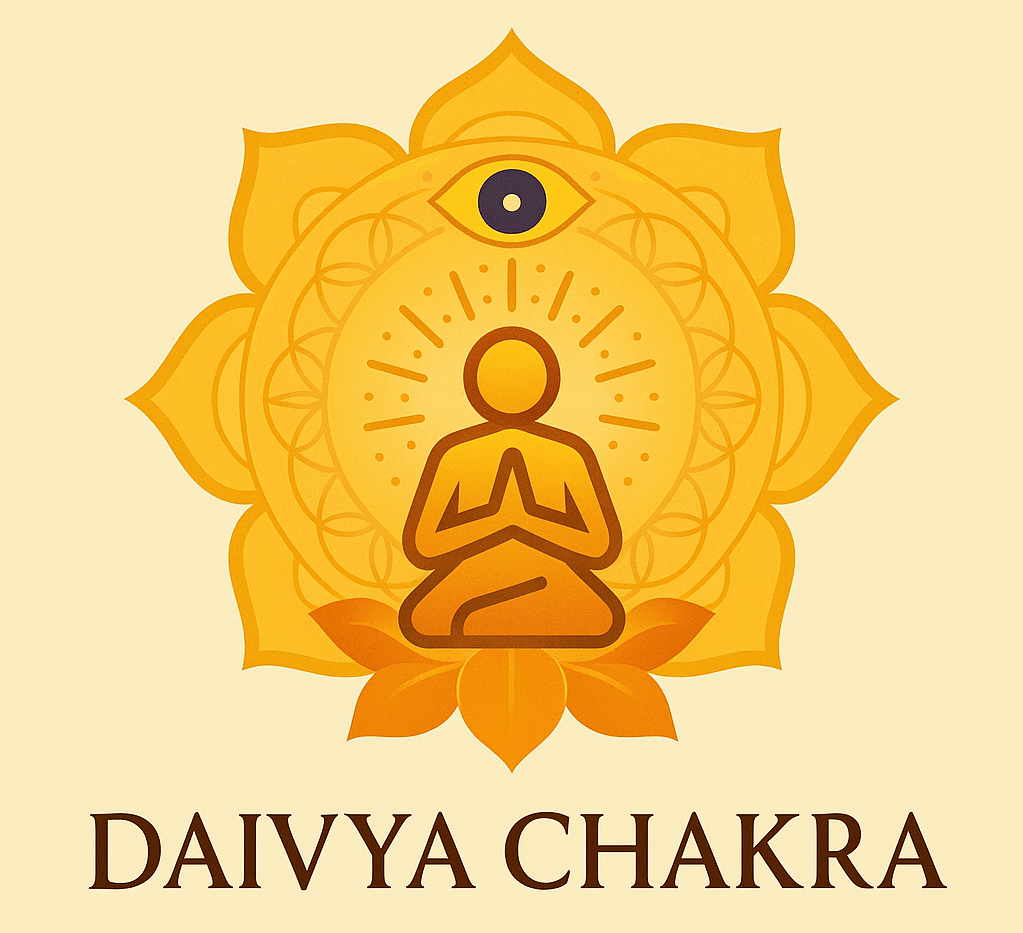Lord Ganesh, also known as Ganesha or Ganapati, is one of the most revered deities in Hinduism. He is worshiped as the remover of obstacles, the patron of arts and sciences, and the god of intellect and wisdom. The many attributes of Lord Ganesh are reflected in the 108 names by which he is known. Each name carries its own significance and story, representing various aspects of his divine personality. This article will explore these 108 names, shedding light on their meanings and the reasons why they are cherished by millions of devotees worldwide.
Importance of the 108 Names
The number 108 holds special significance in Hinduism and other spiritual traditions. It is believed that chanting or meditating on the 108 names of Lord Ganesh can invoke his blessings, bringing success, prosperity, and protection. These names are often recited during Ganesh Chaturthi, a major festival dedicated to the deity, as well as during daily prayers by devout followers.
List of the 108 Names of Ganesh
Below is a comprehensive list of the 108 names of Lord Ganesh, along with their meanings:
- Akhuratha: One who has a mouse as his charioteer.
- Alampata: The eternal one.
- Amit: One who is incomparable.
- Anantachidrupamayam: One who is the essence of infinite consciousness.
- Avaneesh: Lord of the whole world.
- Avighna: Remover of obstacles.
- Balaganapati: The beloved child.
- Bhalchandra: One who has the moon on his forehead.
- Bheema: One who is gigantic.
- Bhupati: Lord of the gods.
- Bhuvanpati: God of the world.
- Buddhinath: God of wisdom.
- Buddhipriya: One who bestows knowledge and intellect.
- Buddhividhata: God of wisdom.
- Chaturbhuj: One who has four arms.
- Devadeva: Lord of all lords.
- Devantakanashakarin: Destroyer of evils and asuras.
- Devavrata: One who accepts all penances.
- Devendrashika: Protector of all gods.
- Dharmik: One who gives charity.
- Dhoomravarna: Smoke-hued lord.
- Durja: The invincible.
- Dvaimatura: One who has two mothers.
- Ekaakshara: He of the single syllable.
- Ekadanta: Single-tusked lord.
- Ekadrishta: Single-tusked lord.
- Eshanputra: Son of Shiva.
- Gadadhara: One who has the mace as his weapon.
- Gajakarna: One who has eyes like an elephant.
- Gajanana: Elephant-faced lord.
- Gajananeti: Elephant-faced lord.
- Gajavaktra: One who has a mouth like an elephant.
- Ganadhakshya: Lord of all Ganas (Gods).
- Ganadhyakshina: Leader of all celestial bodies.
- Ganapati: Lord of all Ganas.
- Gaurisuta: The son of Gauri (Parvati).
- Gunina: One who is the master of all virtues.
- Haridra: One who is golden-colored.
- Heramba: Mother’s beloved son.
- Kapila: Yellowish-brown color.
- Kaveesha: Lord of poets.
- Kirti: Lord of music.
- Kripalu: Merciful lord.
- Krishapingaksha: Yellowish-brown eyed.
- Kshamakaram: The abode of forgiveness.
- Kshipra: One who is easy to appease.
- Lambakarna: Large-eared lord.
- Lambodara: The enormous-bellied lord.
- Mahabala: Enormously strong.
- Mahaganapati: Omnipotent and supreme lord.
- Maheshwara: Lord of the universe.
- Mangalamurti: All auspicious lord.
- Manomay: Winner of hearts.
- Mrityuanjaya: Conqueror of death.
- Mundakarama: Abode of happiness.
- Muktidaya: Bestower of eternal bliss.
- Musikvahana: One who rides a mouse.
- Nadapratithishta: One who appreciates and loves music.
- Namasthetu: Vanquisher of all evils and vices.
- Nandana: Lord Shiva’s son.
- Nideeshwaram: Giver of wealth and treasures.
- Omkara: One who has the form of OM.
- Pitambara: One who wears a yellow garment.
- Pramoda: Lord of all abodes.
- Prathameshwara: First among all.
- Purush: The omnipotent personality.
- Rakhta: One who is red-complexioned.
- Rudrapriya: Beloved of Shiva.
- Sarvadevatman: Acceptor of all celestial offerings.
- Sarvasiddhanta: Bestower of skills and knowledge.
- Sarvatman: Protector of the universe.
- Shambhavi: Son of Parvati.
- Shashivarnam: One who has a moon-like complexion.
- Shoorpakarna: Large-eared Lord.
- Shuban: The all-auspicious lord.
- Shubhagunakanan: One who is the master of all virtues.
- Shweta: One who is as pure as the white moon.
- Siddhidhata: Bestower of success and accomplishments.
- Siddhipriya: Bestower of wishes and boons.
- Siddhivinayaka: Bestower of success.
- Skandapurvaja: Elder brother of Skanda (Kartikeya).
- Sumukha: Auspicious face.
- Sureshwaram: Lord of all lords.
- Swaroop: Lover of beauty.
- Tarun: The ageless.
- Uddanda: Nemesis of evils and vices.
- Umaputra: The son of goddess Uma (Parvati).
- Vakratunda: Curved trunk lord.
- Varaganapati: Bestower of boons.
- Varaprada: Granter of wishes and boons.
- Varadavinayaka: Bestower of success.
- Veeraganapati: The heroic lord.
- Vidyavaridhi: God of wisdom.
- Vighnahara: Remover of obstacles.
- Vighnaraja: Lord of all obstacles.
- Vighnarajendra: Destroyer of all obstacles.
- Vighnavinashanaya: Destroyer of all obstacles and impediments.
- Vigneshwara: Lord of all obstacles.
- Vikat: Huge and gigantic.
- Vinayaka: Lord of all.
- Vishwamukha: Master of the universe.
- Vishwaraja: King of the world.
- Yagnakaya: Acceptor of all sacred and sacrificial offerings.
- Yashaskaram: Bestower of fame and fortune.
- Yashvasin: Beloved and ever popular lord.
- Yogadhipa: The lord of meditation.
- Yogaveera: One who is extremely skillful and auspicious.
- Yoginampati: Lord of the yogis.
Understanding the 108 Names: A Deep Dive
Each of these names represents a unique attribute of Lord Ganesh. For instance, “Ekadanta” refers to his single tusk, symbolizing the importance of sacrifice and the ability to overcome duality. “Lambodara” highlights his large belly, which signifies his ability to digest both the good and bad experiences of life. “Vighnahara” and “Vighneshwara” emphasize his role as the remover of obstacles, making him the deity most often invoked before any significant endeavor.
The Significance of Chanting Ganesh’s 108 Names
Chanting the 108 names of Ganesh is a powerful practice in Hinduism. It is believed to purify the mind, body, and soul. Devotees often use a mala (a string of 108 beads) to keep track of the names

